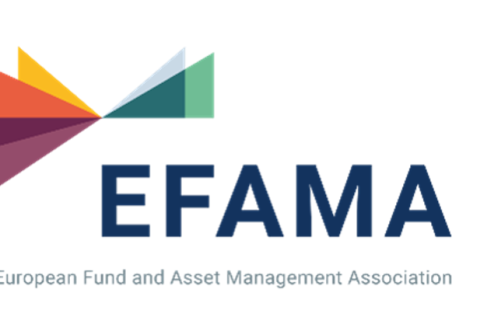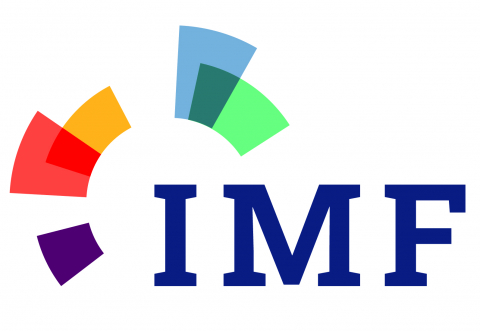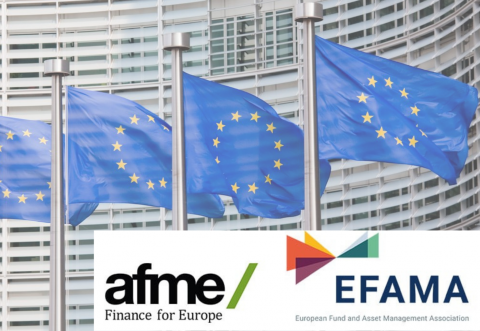We appreciate the opportunity to respond to this important consultation and remain gladly at the disposal of the European Commission staff to elaborate on any of our responses.
Capital markets
Investment managers, acting on behalf of their retail and institutional clients, are among the largest investors in financial markets. They represent a key component of the market’s “buy-side” segment.
In representing the interests of its members on wholesale capital market issues, EFAMA advocates for fair, deep, liquid, and transparent capital markets, supported by properly regulated and supervised market infrastructure.
EFAMA Position on the draft Joint Guidelines of ESAs regarding customer due diligence under Anti-Money Laundering Directive
EFAMA is closely monitoring the recent regulatory developments in the field of anti-money laundering and counter-terrorist financing, in particular the due diligence duties of the asset management sector. EFAMA is embracing the objective of enhancing transparency and accessibility to the beneficial ownership information and also fully acknowledges the importance of obtaining accurate identification and verification data of natural and legal persons for fighting money laundering and terrorist financing.
EFAMA's reply to ESMA's CP on RTS specifying the scope of the consolidated tape for non-equity financial instruments
EFAMA supports every efforts made to enhance financial markets regulation which reinforces the stability and the transparency of the financial system.
In that perspective, EFAMA welcomes the opportunity to comment on the ESMA Consultation Paper on RTS specifying the scope of the consolidated tape for non-equity financial instruments. We consider that a consolidate tape (“CT”) is a key positive factor for price formation and transparency.
Prior to replying to the consultation, we wish to make the following general remarks
EFAMA statement on European exchanges’ bid to run a consolidated equities tape
EFAMA welcomes the recent proposal by European exchanges to build a consolidated tape. This affirms the buy-side’s long standing view that a European consolidated tape is key to completing the objectives of the Capital Markets Union and ensuring that European capital markets remain globally competitive. We have identified important use-cases for institutional and retail investors alike, not least in the ability to receive best execution on trades.
EFAMA, ICSA & MFA welcome IOSCO Feedback Statement on “Market Data in the Secondary Equity Market”
3 June 2022 - EFAMA, ICSA and MFA (the Associations) have read IOSCO’s Feedback Statement on “Market Data in the Secondary Equity Market” following the IOSCO consultation in 2021, and warmly welcome its conclusions.
The Associations would like to draw attention towards the executive summary in particular, where a number of valuable insights and recommendations are presented. For example, we fully support the statement below, though we would suggest an important addition:
Cross-Industry Consensus on EU Equity Consolidated Tape
EFAMA, AFME, BVI and Cboe Europe Agree Cross-Industry Consensus on EU Equity Consolidated Tape
Monday 30 May, 2022 - AFME, BVI, Cboe Europe and EFAMA have today jointly published a position paper which provides a set of key principles needed to ensure the successful creation of an EU Equity Consolidated Tape (CT).
3 Questions to Jean-Louis Schirmann on the use of EURIBOR
Q #1 How was Euribor impacted by the adoption of the Benchmark Regulation (BMR) and what are the relevant features of the reformed Euribor for investment managers?
3 Questions to Christophe Binet on LIBOR Transition
Q #1 When will LIBOR phase out and which rates will be replacing it?
The London Interbank Offered Rate, also known as LIBOR®, is a widely-used index for short-term interest rates that is commonly found in
Global Memo: Benchmark Data Costs
A key purpose of the financial system is to allocate capital and risk in a manner that supports sustainable economic development and growth, including through the provision of financing, investment and hedging products. Financial benchmarks/indices are fundamental to the functioning of financial markets and are widely used in both retail and wholesale markets. In particular, benchmarks are a valuable tool helping market participants to set prices, measure performances, or work out amounts payable under financial contracts or instruments.


































